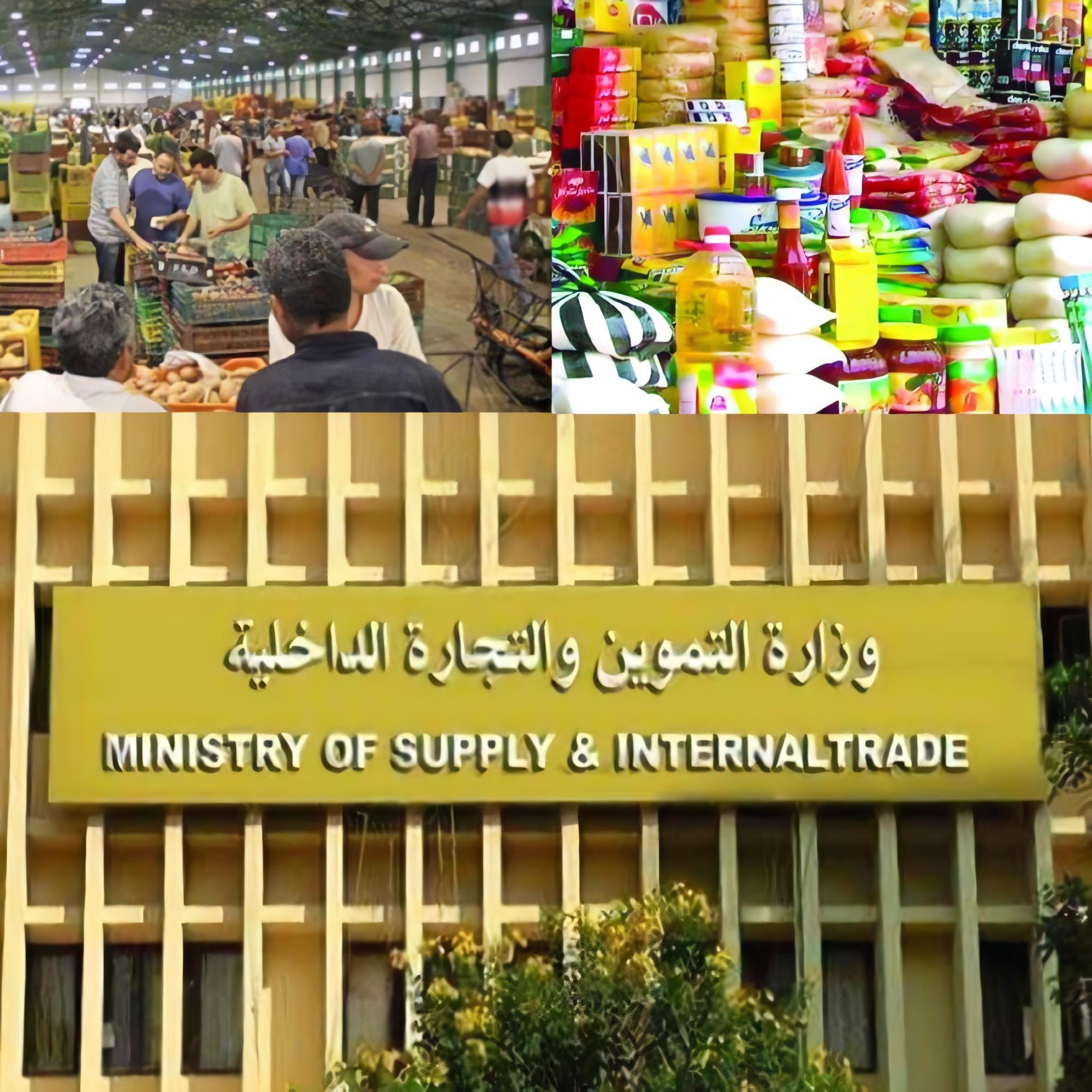Blogs on social media documented the tears and pain that thousands of mothers suffer in Egypt as the country celebrates Mother’s Day in a way that embarrasses the regime. Egypt celebrates on March 21 every year, but it coincides with degrading conditions for mothers detained for political reasons inside Egyptian prisons.
There are 86 female detainees, including five forcibly disappeared, according to human rights reports; 26 of them are serving their sentences after political sentences and 44 of them remain hostage in pretrial detention. Nine women were also re-detained in new cases after they had passed the pretrial detention period, while two detained mothers were issued release decisions. Still, these decisions have not yet been implemented.
According to the distribution of detained mothers in prisons and detention centres, human rights reports counted that 66 mothers were in Al-Qanater Prison (north of Cairo), and 14 were in police stations and detention centres. Five mothers’ detention places were not known. In Egypt’s prisons, of the 285 female political prisoners, 30 per cent of whom are mothers, one of is the detained journalist Solafa Magdy, to whom her son Saif sent an influential message on Mother’s Day. Likewise, Aisha Khairat Al-Shater is a model for the abuse of politicians’ families in the prisons of the Egyptian regime, and Aisha is a mother of three.
On November 1, 2018, security forces stormed Aisha Al-Shater’s home, smashing up and searching the apartment, and then took her blindfolded and handcuffed her to an unknown location. After that, she was forcibly hidden for 20 days before appearing before the Supreme State Security Prosecution and charged with a political case. The husbands of Solafa and Aisha are also detained.
Among the female jurists, the story of lawyer Hoda Abdel Moneim, who turned from a defender of the rights of prisoners of conscience to a political detainee, did not find anyone who had mercy on her age or sympathy with her health condition. Hoda (62 years), a mother of four daughters, was arrested in November 2018 after her house was broken into and taken to an unknown location. She remained forcibly hidden for 20 days, then appeared in the Supreme State Security Prosecution. Although she suffers from her deteriorating health, as she attends the trial sessions in an ambulance, her family has learned of her severe pain as a result of the complete stoppage of the left kidney and regurgitation of the right kidney, as she was transferred to the hospital before being returned to her prison cell in Al-Qanater Women’s Prison.
Among the mothers detained behind bars in Egypt is the doctor, Basma Rifaat, who was arrested on March 6, 2016, for being the wife of the retired Egyptian army colonel Yasser Seif, and the accused in the case of the assassination of Hisham Barakat, the former Egyptian Attorney General. The Egyptian prosecutor had accused Basma Rifaat of receiving bank transfers from Yahya Moussa, the main suspect in the Public Prosecutor’s assassination, and accused her of harming Egyptian national security.
Human rights activists quoted the detained doctor in a message to her mother on Mother’s Day: “I have always kept my tears so that they do not hurt you. Those minutes when my eyes see you during the visit are not enough for me. I want to throw myself on your lap to tell you about all the injustice that I have encountered and tell you how difficult it is for me to be separated from you, from my father, my children, and my husband.”
These images contradict what women are exposed to in the Egyptian regime’s prisons with what Abdel Fattah Al-Sisi said and his speech about honouring Egyptian women. During the Mother’s Day celebration, Al-Sisi directed to provide safety for women on public transportation and praised the role of Al-Azhar in the amendments to the Personal Status Law. In contrast, on social media sites, the “Mother’s Day” hashtag tops the list of the most popular hashtags in Egypt amid calls for the release of detainees and the relief of the pain of their families and the burden of their mothers.
Among the most prominent posts was Saif Safwat Zahran’s mother asking her to visit her son and check on him after being arrested and forcibly disappeared two months ago. Activists said that detainees’ mothers deserve to be honoured by the release of their sons from detention and detained women’s release without charges other than political opposition. Human rights activists congratulated Laila Soueif on Mother’s Day, considering that she is a true example of an ideal mother, with her patience and support for her two children, Alaa and Sanaa Seif, who are detained in Egyptian prisons because of their political positions.
Omar Abdel Hadi tweeted, “Every year you are good, mom, we are deprived of seeing you for 5 years, every mother’s holiday and every mother is a good martyr, every mother’s holiday and every detained mother is good.” In the same vein, the well-known video blogger Abdullah Al-Sharif, who fled to Turkey for opposing Al-Sisi’s regime, apologised to his mother, “A year ago, the military stormed my mother’s house and took my brothers to the unknown. Forgive me, sweetheart, you were deprived of them for a year, just as I was forbidden to kiss your head for years. Instead of giving you that … I robbed you of your sons.”





Recent Comments